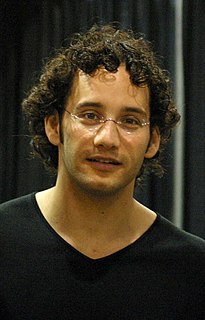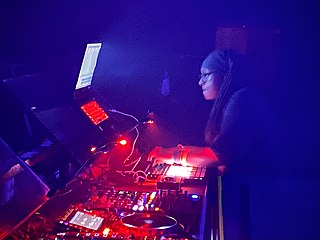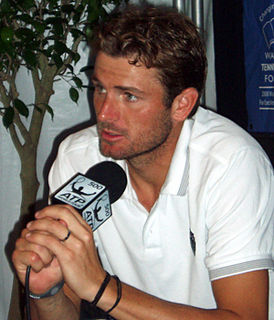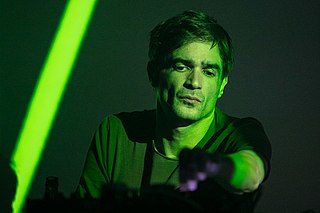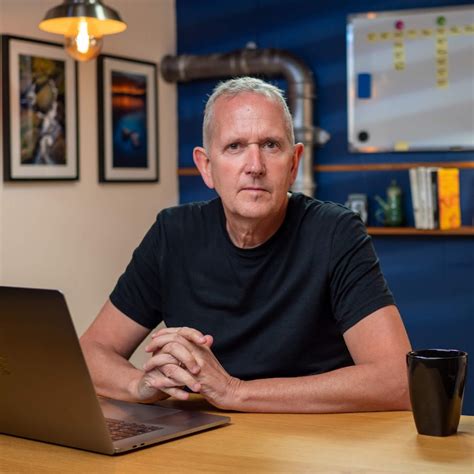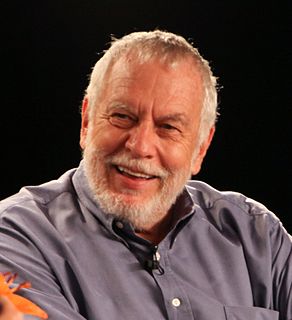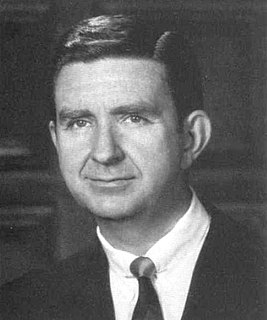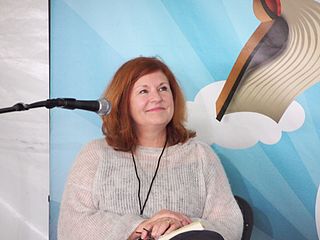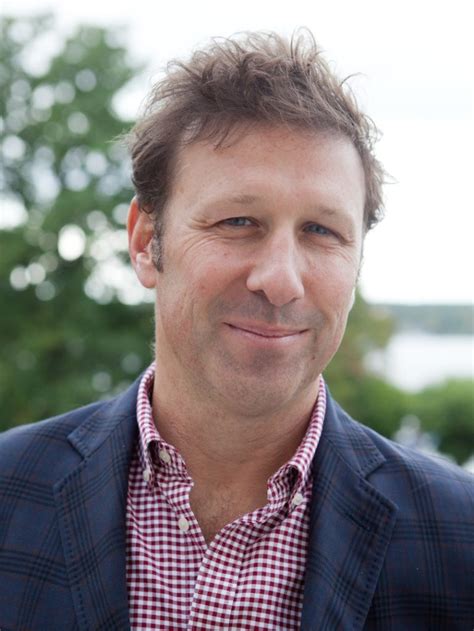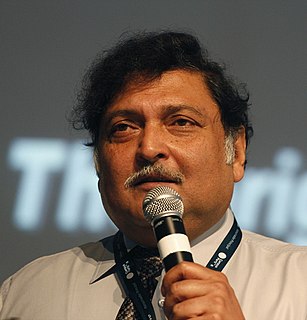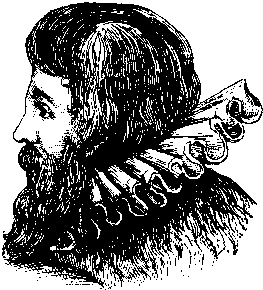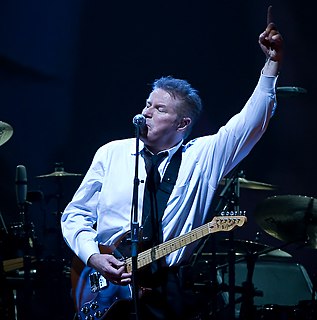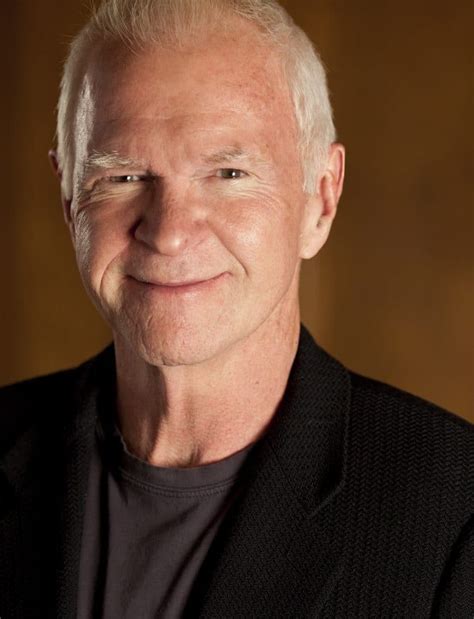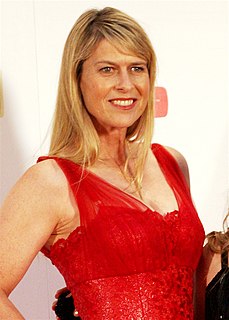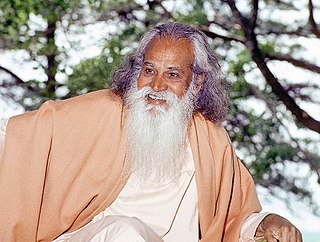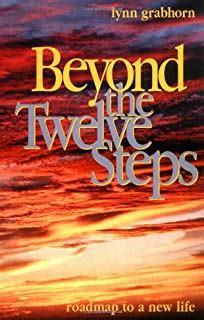Top 1200 Teaching And Learning Quotes & Sayings - Page 13
Explore popular Teaching And Learning quotes.
Last updated on November 16, 2024.
The so-called Church Fathers are not some theologians as we know them nowadays. They were close to the teaching of the Apostles conveying the teaching of those who were close to Jesus. Their theology and wisdom is close to everyday life. We have to thank John Michael Talbot that he has been able to unearth the treasures of those times. This was only possible because he himself in his community experiences the Gospel lived out in our times.
Entrepreneurial knowledge has little to do with certified expertise, advanced degrees, or the learning of establishment schools. The fashionably educated and cultivated spurn the kind of fanatically focused learning commanded by the innovators. Wealth all too often comes from doing what other people consider insufferably boring or unendurably hard.
Learning is not automatic. You do not automatically know how to read because you turn five. Most of us are sensitive to the fact that we still have something to learn at every step of the way. Learning is not automatic. It comes with seeking and searching, with reading and watching, with thinking, praying, and listening.
I would say how important it is that we stop teaching kids, from the beginning, that boys are more important than girls. It's the 21st century, you know, let's go here. We have to show kids that boys and girls share the sandbox equally and do equally interesting things. We're teaching kids something that we have to try to get rid of later on. Why not just stop filling them with unconscious gender bias?
We have to come back to basics: learning how to take care of ourselves. Not only learning to love our bodies - and that's a good beginning - but to take care of our bodies and ourselves by learning how to eat and how to think. I think living is really about thoughts and food, and we've got to get back to basics.
I think about my education sometimes. I went to the University of Chicago for awhile after the Second World War. I was a student in the Department of Anthropology. At that time they were teaching that there was absolutely no difference between anybody. They may be teaching that still. Another thing they taught was that no one was ridiculous or bad or disgusting. Shortly before my father died, he said to me, ‘You know – you never wrote a story with a villain in it.’ I told him that was one of the things I learned in college after the war.
I do believe that nice religious people make the world safe for extremists by teaching us [...] that faith is a virtue, teaching us that there's something good about holding beliefs without any substantiating evidence. Once you buy into that, [...] then the door is opened to extremists who defend their extremism by saying, 'Oh well, it's my faith, you can't touch it, you can't criticise my faith, I don't even need to defend it because faith is faith.'
...there must be a sequence to learning, that perseverance and a certain measure of perspiration are indispensable, that individual pleasures must frequently be submerged in the interests of group cohesion, and that learning to be critical and to think conceptually and rigorously do not come easily to the young but are hard-fought victories.
In education, I'm going to try to find what works. One thing I want to do is improve the quality of teachers. There are a lot of people who want to go into teaching; it's fundamentally a very fulfilling profession. But people don't feel they have financial support. We pay starting teachers in particular too little to attract the quality people that we need. I want to make it easier for good people who want to go into teaching to do that.
Sometime during the 1990s, when I was teaching philosophy at UCSD, my friend, colleague, and music teacher, Carol Plantamura, discussed the possibility of teaching a course together looking at ways in which various literary works (plays, stories, novels) had been treated as operas, and how different themes emerged in the opera and in its original. One of the pairings we planned to use was Mann's great novella and Britten's opera. Unfortunately, the course was never taught, but the idea remained with me.
I think mothers and daughters are meant to give birth to each other, over and over; that is why our challenges to each other are so fierce; that is why, when love and trust have not been too badly blemished or destroyed, the teaching and learning one from the other is so indelible and bittersweet. We daughters must risk losing the only love we instinctively feel we can't live without in order to be who we are, and I am convinced this sends a message to our mothers to break their own chains, though they may be anchored in prehistory and attached to their own great grandmothers' hearts.
When you write a business fable, people get caught up in the story and don't get judgmental about what you're teaching them. If you're teaching a bunch of concepts, people get skeptical and say, 'Where'd you get that research?' But if you tell them a story, they get caught up in it while they learn.
I was associated with the Artist Placement Group in the early 1970s and David Hall, the video artist, was an Artist Placement Group artist. I was completely broke at that time, and he said to me, "Come and do some teaching" - he was head of department at Maidstone College of Art. And I went and did a couple of teaching days and practically the only person who showed up was David Cunningham [Flying Lizard's main man], with all of this finished work
Rule Number One is this: If you’re open to learning, you get your life-lessons delivered as gently as the tickle of a feather. But if you’re defensive, if you stubbornly persist in being right instead of learning the lesson at hand, if you stop paying attention to the tickles, the nudges, the clues—boom! Sledgehammer.
In Acts 14:1, we are told, "At Iconium Paul and Barnabas went as usual into the Jewish synagogue. There they spoke so effectively that a great number of Jews and Gentiles believed." This is what should be sought in Christian schools, not just teaching, but effective teaching. Christian content alone is insufficient. It must be presented in a certain way, and that way cannot be reduced to technique. Nevertheless, God has graciously made it possible to bring people the truth by how the truth is presented.
The key to teaching anything is to remember what it was like not to understand that thing. That's a very hard thing to do. Every time you come to understand something you didn't understand before, you are transformed. You become a different person from who you were before. The key to teaching someone else to understand that same thing is to remember your former, untransformed self. If you can do that, I think you can teach anything, even physics.





